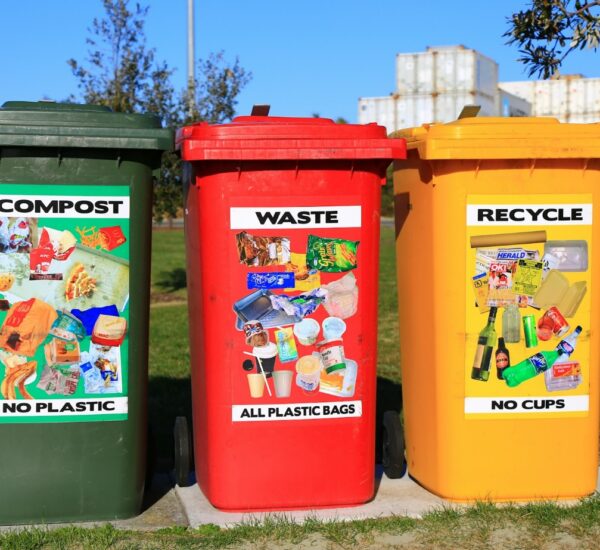Challenges
San Francisco has deployed its widely successful solid waste management programme based on the ambitious goal of zero waste by 2020. To ensure that no material goes to landfill or high temperature destruction, the city’s zero waste goal means that products are designed and used according to the principle of highest and best use. Zero Waste also means that discarded materials follow the waste reduction hierarchy: reduce, reuse, and then recycle or compost.
To meet its zero waste goal, San Francisco has used a three-pronged approach that addresses the legal, administrative, and social challenges of waste management reform. Specifically, the City enacted strong waste reduction policies; partnered with Recology, a like-minded materials management company, to innovate new programmes; and created a culture of recycling and composting.
Actions
The City of San Francisco developed a long-term strategy that now amounts to a collection of pragmatic and effective reforms. Policies were rolled out incrementally, conscious of their interplay, and were generally divided into a handful of fields: production and packaging, consumption, public and private discards management and government procurement. The City provides policy and oversight, develops programmes, sets financial incentives for material generators and service providers, conducts outreach and enforcement, and assists with technology research, while its primary partner, Recology, tests and operates infrastructure to collect and process recyclables, compostables and landfilled trash. Numerous other organisations and strong citizen engagement have played important roles in creating a culture of Zero Waste in the City.
Projected Outcomes
San Francisco’s Zero Waste efforts have had a tremendous impact over the last two decades. From 1990 to 2010, landfill diversion increased from 35 percent to 80 percent. San Francisco disposed 428, 048 tonnes of material in 2012, the lowest level on record. A construction and demolition debris ordinance has recovered tens of thousands of tonnes of material. Mandatory recycling and composting increased organics collection 50 percent to more than 600 tonnes per day (more than any composting programme in the United States).




